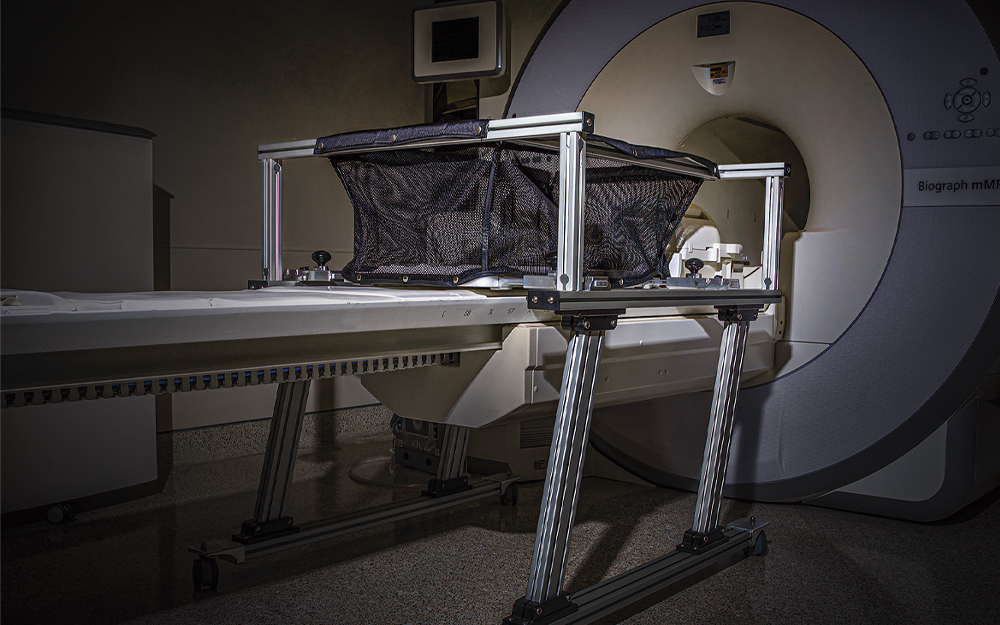Medical providers featured in this article
In Brief
{{cta-block}}
Care team helps protect donor organs by making sure teens do one simple thing: stay on their meds.
For children facing kidney failure, a transplant can provide 20 years of function before another donor organ must be found—or until medical advances can provide a lifelong solution. Pediatric patients ages 14–16 who receive a kidney transplant have a 42% chance of losing their new organ within a decade, according to the American Medical Association.
The reason for this troubling statistic? Noncompliance. "Simply put, the patient is not taking his or her medications," says Dechu Puliyanda, MD, director of the Cedars-Sinai Pediatric Nephrology and Transplantation Program. Most transplant recipients need five to 15 medications daily to prevent organ rejection.
"You get a chance to get a kidney just once, maybe twice in your lifetime,” Puliyanda says. “If you don’t take care of it, you can lose it, and lose it very quickly."
To address this problem, Puliyanda and her team created the Pediatric to Adult Transition research project. Their multidisciplinary approach helps adolescents transition to the adult phase of care through education on diet, psychosocial implications and medications. Patients learn about their drugs, why they’re crucial, what the side effects are, how to get refills and how to tell if they no longer work.
The pediatric transplant team also has offered surgery to more than 20 children considered too difficult to transplant by other centers. These patients are highly sensitized, meaning they have an overabundance of antibodies primed to attack a donor organ. An innovative procedure offered by the Cedars-Sinai Kidney and Pancreas Transplant Center—intravenous immunoglobin therapy coupled with other medications—helps desensitize such patients, giving new hope to both children and adults with kidney failure. Some 40% of all patients who come to Cedars-Sinai for a kidney transplant are highly sensitized.
Stats: Kidney Care for the Youngest Patients
Just as it takes a village to raise a child, communities of caregivers must safely steer children through the challenges of kidney transplants. At Cedars-Sinai, a team of 11 clinicians, including surgeons and social workers, helps young patients prepare for transplant, cope with the necessary postsurgical immunosuppressive drugs—and get healthy so they can go back to just being kids.
{{column-start}}
1988
{{column-end}}
{{column-start}}
Cedars-Sinai’s first pediatric kidney transplant performed
{{column-end}}
{{column-start}}
177
{{column-end}}
{{column-start}}
Pediatric kidney transplants completed to date
{{column-end}}
{{column-start}}
13 months old
{{column-end}}
{{column-start}}
Youngest kidney transplant recipient, in 2002
{{column-end}}
{{column-start}}
4 hours
{{column-end}}
{{column-start}}
Length of a typical pediatric kidney transplant surgery
{{column-end}}
{{column-start}}
15–20 years
{{column-end}}
{{column-start}}
Expected life span of a transplanted kidney
{{column-end}}
Kidney 101
This bean-shaped pair of organs handles the important job of filtering waste from the blood and passing it out of the body as urine. But some 10,000 U.S. children and adolescents lack properly functioning kidneys and are living with end-stage renal disease or kidney failure, according to the Centers for Disease Control and Prevention. When 15% or more of kidney function is lost, a patient must rely on lifesaving dialysis or transplantation.






